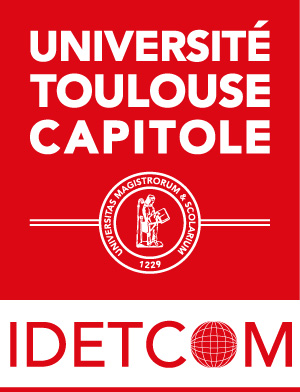Research areas
Museums
Research - ThemeMuseums
Among the most important research topics in recent years has been the relationship of museums with communication. The museum as a public space deserves to be studied according to the perspectives established by the seminal works of Jean Davallon.
The research of museums falls into a broad area concerning cultural communication and, more circumstantially, territorial communication (or the communication of territorial authorities).
The museum should be seen in the light of its communicational purpose, in which social actors, individuals and groups are constituent parts. The research perspective is initially institutional in the strictest legal sense: the museum is analysed as a public space, a part of the public domain and administered as a public service according to rules derived from public law but which is now confronted by changes undermining its institutional foundations. It is not a case of assessing the relevance or the effects of legal provisions but of ascertaining the elements that can bolster or redefine an identity that creates new symbolic representations of itself, through the use of the methods most commonly used in information technology and communications.
Most notably in the Levy-Jouyet report, museums were designated the privileged emblem of a new globalised knowledge economy that now plays a decisive role in growth and economic competitiveness. It seemed relevant to study these changes using a multidisciplinary approach to ascertain whether the changes are likely to cause an epistemological break with the very definition of museums. These changes have also been looked at from the logic of branding in museums and in relation to digital communication, specifically through the prism of online reputation management.
Responsibility for the Idex Pluriart project which studies the status of art-therapy productions and their possible conservation directed this research towards the protection of these works that are strongly linked to the psychiatric field.
Most notably in the Levy-Jouyet report, museums were designated the privileged emblem of a new globalised knowledge economy that now plays a decisive role in growth and economic competitiveness. It seemed relevant to study these changes using a multidisciplinary approach to ascertain whether the changes are likely to cause an epistemological break with the very definition of museums. These changes have also been looked at from the logic of branding in museums and in relation to digital communication, specifically through the prism of online reputation management.
Responsibility for the Idex Pluriart project which studies the status of art-therapy productions and their possible conservation directed this research towards the protection of these works that are strongly linked to the psychiatric field.

